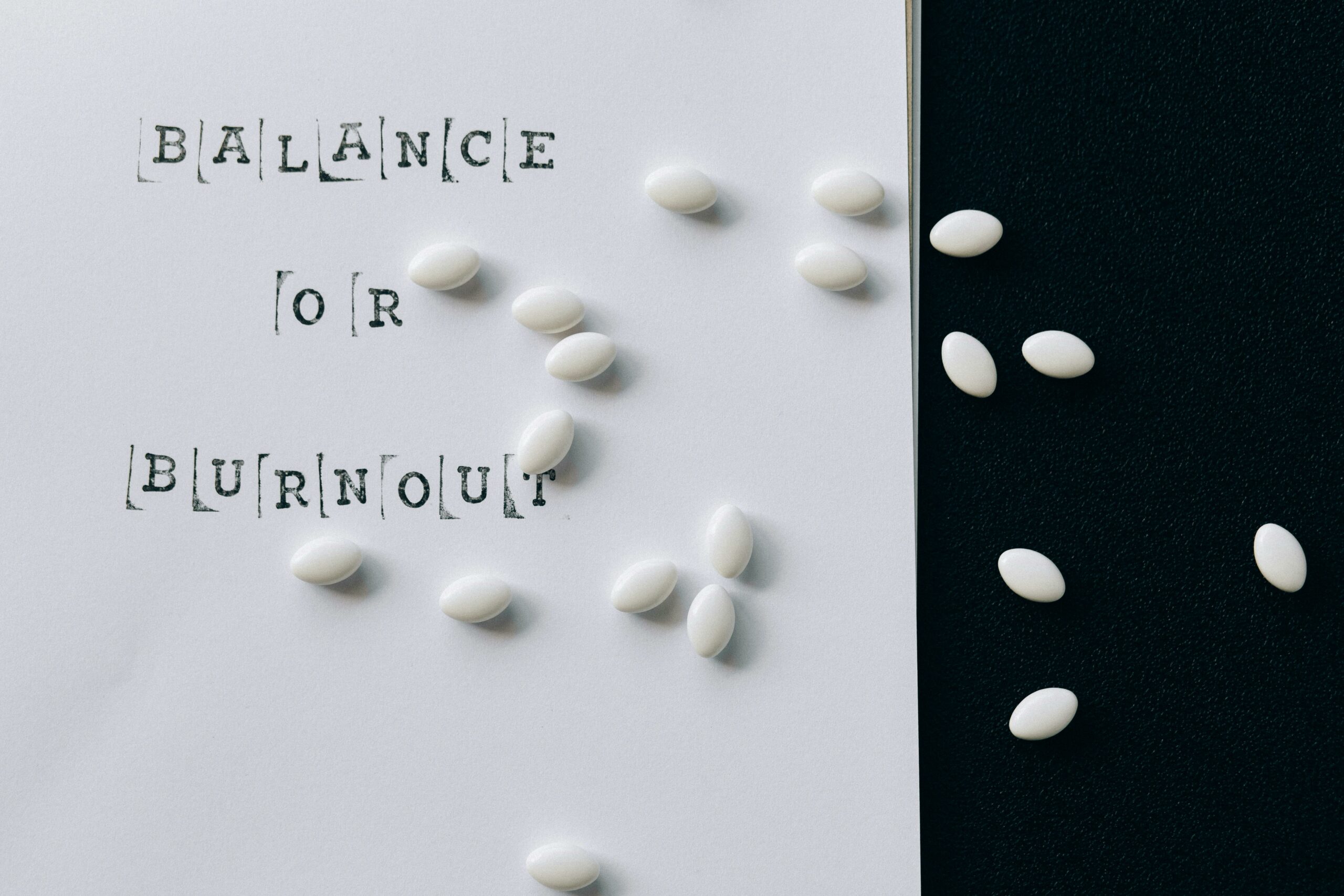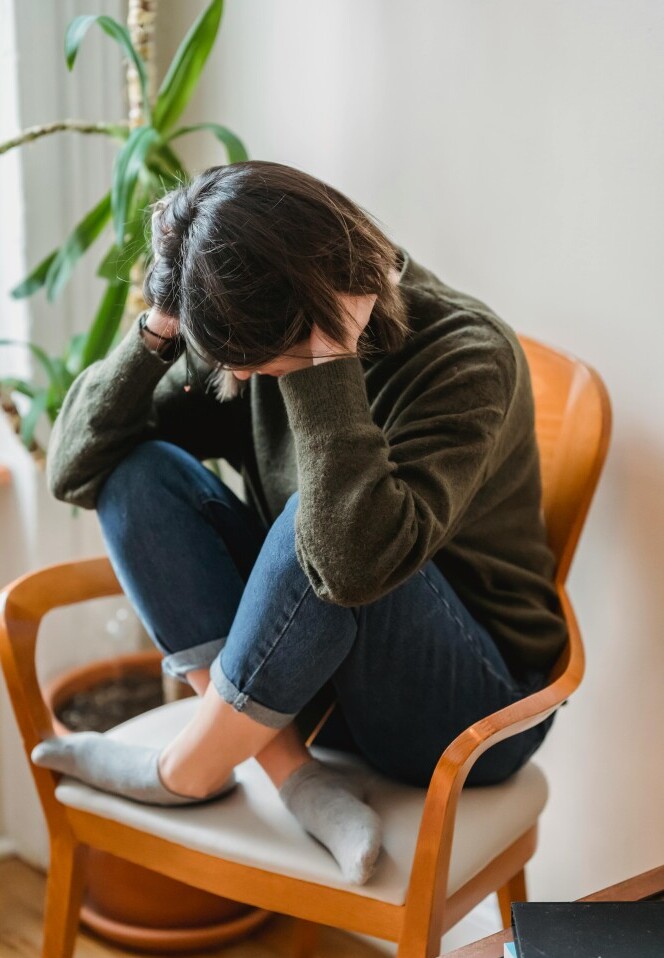Sharing my personal experience with anxiety and depression was one of the toughest but most rewarding things I’ve done. There’s this huge weight society places on us, almost like we should just snap out of it. Trust me, it’s far from that simple. Every person’s journey with mental health is unique and yet there’s something universal in the struggle.
Honestly, the challenges hit me like a ton of bricks. One minute, I felt okay, and the next, it was like I was trapped in my own mind with no exit sign in sight. Some days, I couldn’t get out of bed. Others, I’d go through the motions without really being present. It wasn’t just sadness. There was this deep-rooted anxiety too, whispering all things negative.
But breaking down the stigmas around mental health? That was a turning point. Opening up about what I was going through helped in more ways than I’d anticipated. I no longer felt like I was the only one in this dark place, which was a game changer. Knowing others had been where I was and made it through gave me hope.
During those darkest days, a few things kept me going—my close friends who refused to give up on me, the optimism that small changes could accumulate into life-altering shifts, and the chance to break free from the shadow I’d been living under. No, it wasn’t easy, but every tiny triumph was a step toward the light.
However, the real transformation came from realizing that vulnerability is powerful, not a weakness. By letting myself be vulnerable, I learned to accept help and embrace authenticity. There’s a certain strength you gain when you stop hiding behind walls and face the world as you are, anxieties and all.
The Value of Connection: Why Talking Matters
A time came when I realized that bottling everything up was doing more harm than good. Speaking out made all the difference. It wasn’t just about sharing my burdens; it was about lightening the load and finding that release I desperately needed.
Opening up led to discovering support systems I never knew existed. From close friends who offered a listening ear, to strangers who understood in their own silent ways, expressing my emotions opened pathways to unexpected connections.
Recalling encounters with people who reshaped my perspective on suffering, I understood that shared experiences fortify our resilience. When someone echoes, “I’ve been there,” it chips away at the isolation.
Breaking my silence wasn’t easy, but it ignited a chain reaction. Talking inspired others around me to open up about their own struggles. That mutual sharing? It’s healing, revealing how closely knit we are in our human experience. Trusting a therapist or counselor with my rawest emotions was daunting, but it became instrumental in piecing myself back together. Whether counseling or deep talks with friends, conversations broke down the concrete walls anxiety built.
Therapists helped dig deep into the roots of my anxiety and depression, shining a light on the paths I needed to take toward recovery. Seeking professional help wasn’t admitting defeat; it was choosing to build a different, healthier narrative.
Understanding Triggers and Finding Solutions
Over time, patterns started to reveal themselves. Certain situations and thoughts triggered waves of anxiety and a sinking depression. I learned it wasn’t just randomness but recurring triggers that needed addressing. This was like piecing together a puzzle of my own behaviours and reactions.
Short gratifications like mastering the art of doom-scrolling on social media often left me feeling more drained than informed. The constant cycle of comparison and instant results put my mental health on a roller coaster. Understanding this meant being able to set boundaries with my online activity, limiting exposure to things that pulled me down.
The road to figuring out what helped and what hurt wasn’t smooth, but I found solace in lifestyle changes. Incorporating balanced diets, regular exercise, and mindfulness practices like meditation created a foundation for better mental health. Each change felt like a small victory in reclaiming my life.
I crafted a 20-step guide to assist with these battles, emphasizing practical steps like maintaining a daily routine, practicing gratitude, engaging in fun activities that spark joy, and leaning on supportive networks. This guide became a toolkit—not a one-size-fits-all solution, but a significant resource for my personal growth.
Engaging in self-care practices proved empowering. Journaling helped me organize thoughts too jumbled to make sense of otherwise. Meditation offered a kind of peace only achievable from within. Routine adjustments provided structure during chaos. Each strategy, unique yet interconnected, eased the path forward.
The exploration of self didn’t end with identifying triggers or drafting solutions. It became a journey of continual growth and awareness. Challenges remained, but clarity grew in tandem. This journey is about more than coping; it’s about thriving beyond fears and doubts. Building up a reliable self-help toolkit was like forging armor unseen but felt.
Trekking through this labyrinth of learning and self-discovery, I found that each solution is about crafting a life that harmonizes with both my strengths and vulnerabilities. Embracing both sides allowed real progress. This ongoing trek reveals new landscapes of understanding, one mindful step at a time.
Here’s a 20-Step Practical Guide to Managing Anxiety and Depression, focusing on simple, actionable steps:
1. Create a Daily Routine
Consistency helps stabilize emotions. Set specific wake-up and sleep times, meal schedules, and dedicated self-care periods.
2. Prioritize Sleep
Aim for 7–9 hours of sleep per night. Avoid screens before bed and create a relaxing bedtime ritual.
3. Start Your Day with a Grounding Practice
Stretch, meditate, or practice deep breathing for 5–10 minutes before checking your phone or starting your day.
4. Move Your Body Daily
Even a 10-minute walk can reduce stress hormones and boost mood. Find enjoyable physical activities.
5. Eat Balanced Meals
Focus on whole foods, including protein, healthy fats, and fiber to maintain steady energy and mood.
6. Limit Caffeine and Sugar
Reduce stimulants that can trigger anxiety and mood crashes. Switch to herbal tea or decaf options if needed.
7. Stay Hydrated
Dehydration can increase fatigue and anxiety. Drink enough water throughout the day.
8. Practice Deep Breathing
Use the 4-7-8 technique (inhale 4 sec, hold 7 sec, exhale 8 sec) to calm the nervous system.
9. Journal Your Thoughts
Write about your feelings, gratitude, or small wins to gain clarity and track emotional patterns.
10. Set Small, Achievable Goals
Break large tasks into manageable steps to avoid overwhelm. Celebrate progress, no matter how small.
11. Reduce Social Media and News Exposure
Limit time spent on negative or triggering content. Set specific times to check social media or news.
12. Connect with Supportive People
Reach out to trusted friends, family, or support groups. Social connection is key for emotional well-being.
13. Engage in a Creative Hobby
Painting, writing, music, or any creative outlet can serve as therapy and reduce stress.
14. Get Outside for Sunlight and Fresh Air
Sun exposure helps boost vitamin D, which is crucial for mood regulation.
15. Use Affirmations and Positive Self-Talk
Challenge negative thoughts by replacing them with realistic, kind affirmations.
16. Practice Gratitude
Each day, list 3 things you’re grateful for. This shifts focus from problems to positivity.
17. Limit Alcohol and Avoid Recreational Drugs
Substances can worsen mood swings and anxiety. Focus on natural mood boosters instead.
18. Learn to Say No
Avoid over committing and set boundaries to protect your mental energy.
19. Seek Professional Help When Needed
Therapists, counselors, or support groups can provide strategies tailored to your situation.
20. Be Patient and Kind to Yourself
Healing takes time. Celebrate progress and don’t be too hard on yourself during difficult days.
Our Website contains affiliate links this means if you click and make a purchase we may receive a small commission. “Don’t worry there is no extra cost to you. It’s a simple way you can support our mission to bring you quality content.


